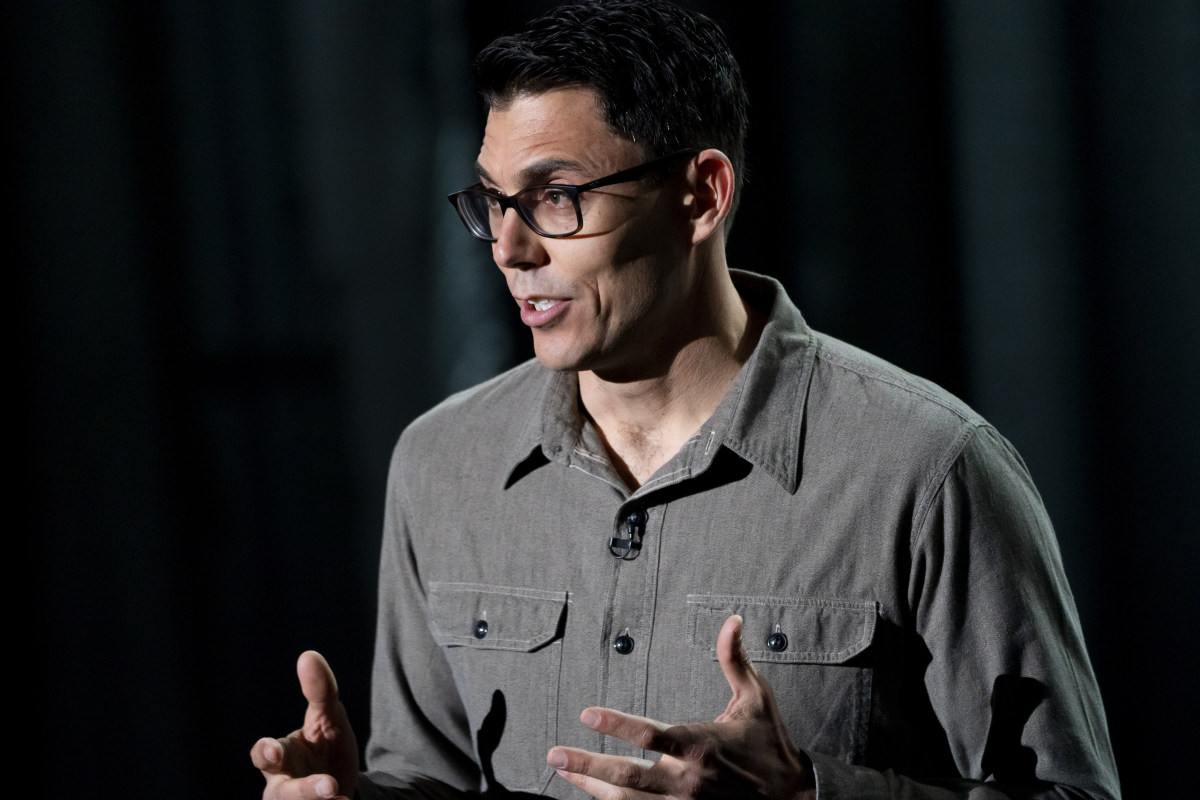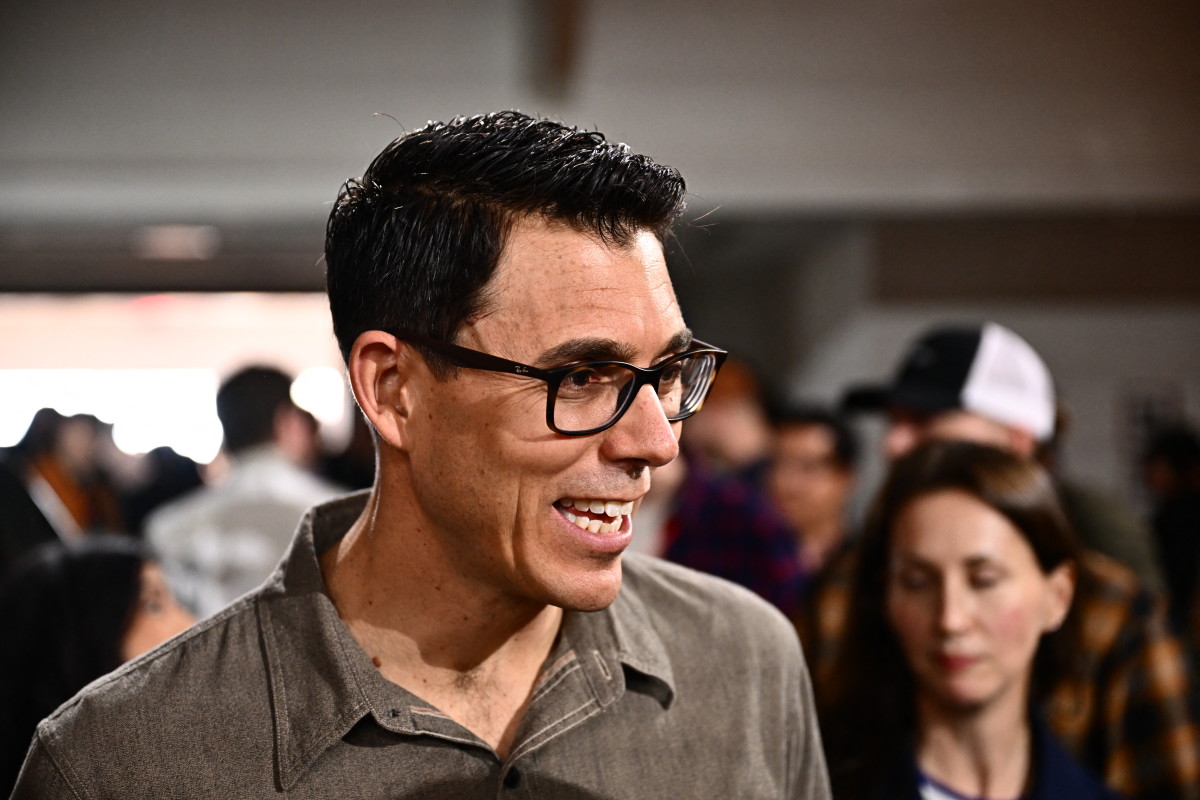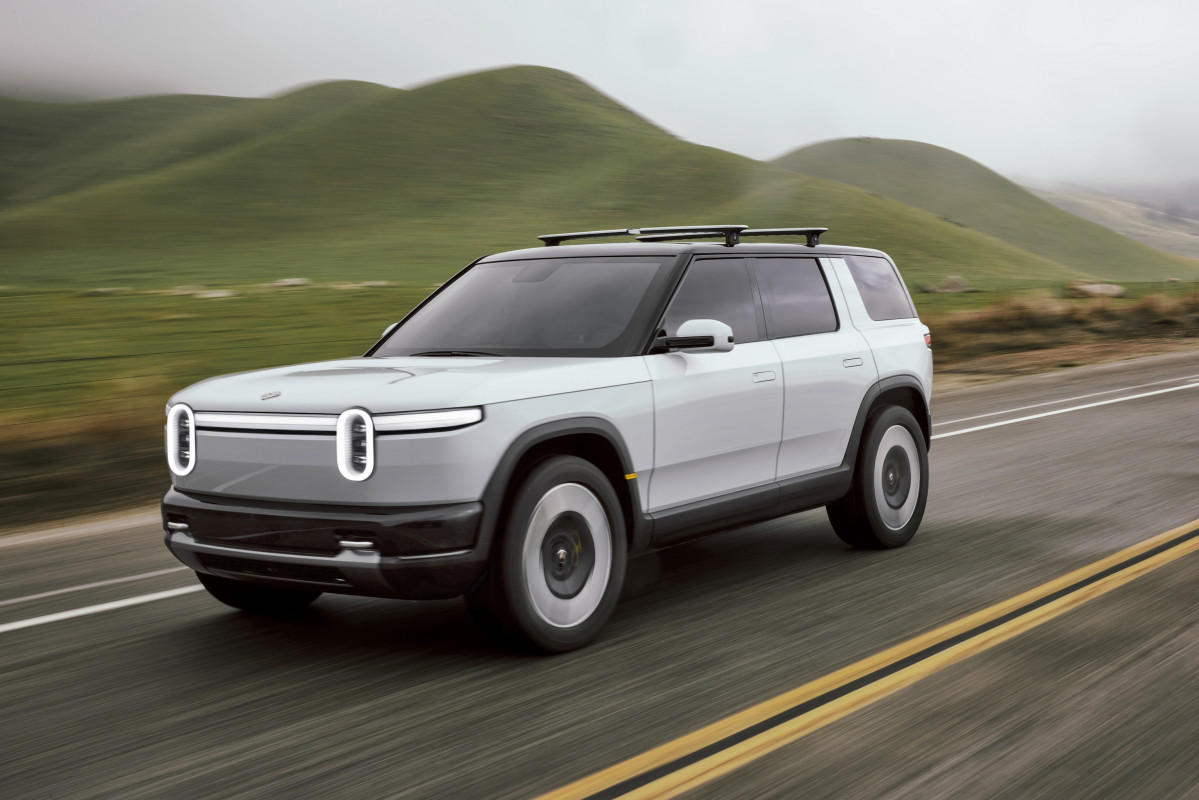
The slowdown in electric vehicle sales can be attributed to several factors, such as the lack of quick chargers, range anxiety, or the higher price of EVs compared to gas-powered ones.
Though it is true that EVs can be less expensive to run in 48 out of 50 states, current market conditions and interest rates make buying a car, in general, incredibly tough. According to Kelly Blue Book, the average price of an EV sold in the U.S. was $56,371, and as per Edmunds, the average auto loan interest rate for a new car is a whopping 7.3%.
However, Rivian founder and CEO RJ Scaringe has a different story. The vision behind models like the R1T electric pickup truck and the R1S electric SUV puts all the blame on Tesla and a car that is the envy of the entire industry.

In a recent appearance on the Decoder podcast, Scaringe and host Nilay Patel discussed various topics, including future models, why Rivian doesn't have Apple Carplay or Android Auto, and Rivian's latest partnership with Volkswagen.
During one particularly interesting exchange, Scaringe responded to Patel's question about launching Rivian's R2 model amidst a slowdown in EV growth. He said that the EV market is still growing, though at slower speeds than before, and he attributed the cause of the problem to one issue.
“What I would say is the primary reason for the slowdown is there is an extreme, truly extreme, lack of choice. If you want to spend less than $50,000 for an EV, I’d say there’s a very, very small number of great products,” Scaringe said. "Tesla Model 3 and Model Y are highly compelling, great products, but they don’t have a lot of competition."
More Business of EVs:
- Porsche and Mercedes diverge at EV crossroads
- A Fisker-type problem is affecting an automaker known for quality
- Police officer pulls over Waymo robotaxi, is greeted by no driver or passengers
Though Scaringe recognizes the Model 3 and Y are good, quality cars, much is to be said about their "competition." In essence, he described its competitors as not-so-subtle copycats that mimic the Model 3 or Model Y's size and shape but lack the "X-factor" that the "real" Tesla has.
As a result, buyers "make due" with cars that look like the Model 3 and Model Y; a phenomenon that Scaringe does not see with "normal" buyers of gas-powered cars.
He explained that because gas-powered cars come in all shapes and sizes, buyers tend to gravitate towards the kind of car that suits their needs, whether that be a sedan, SUV, or a pick-up truck. But, because the EV market is so saturated with Tesla's Model Y, Scaringe says that EVs are treated as a one-size-fits-all solution.
"So maybe they wanted a true SUV and got a very car-like crossover with the Model Y. Maybe they wanted something that was a little bit bigger, but they got something that was more like the Model Y. Maybe they didn’t love the Tesla look, but it’s the best product, so they took the Model Y."

Rivian
The Rivian R2, the savior
The Rivian CEO pointed to the R2's positive reception as evidence that there is significant latent demand for EVs in "non-Tesla Model Y shapes." Scaringe emphasized that although the R2 competes with the Model Y on price, he offers a true alternative by not giving it the "egg shape" indicative of Tesla.
“The R2 very intentionally, much like we did with R1, is not trying at all to be a Tesla Model Y. It’s going to compete from a price point of view, with very similar pricing. It’s a very similar size. It’s slightly shorter than a Model Y, but it’s not trying to replicate a Model Y,” Scaringe said.
Variety makes the world go round
Scaringe admitted that he once owned a Tesla Model Y, and acknowledged that "it’s an awesome car," but noted that the EV world "needs more variety."
"Our view is that there is [...] massive latent demand that’s sitting on the sidelines waiting for the vehicle that has the form factor, the packaging, the branding, the look, that will cause them to switch from a combustion-powered vehicle."
Related: Veteran fund manager picks favorite stocks for 2024







